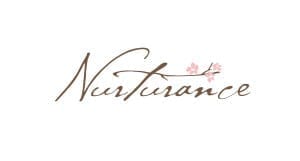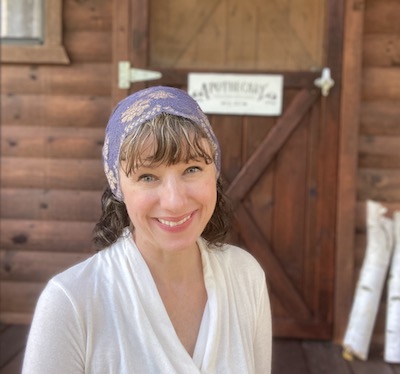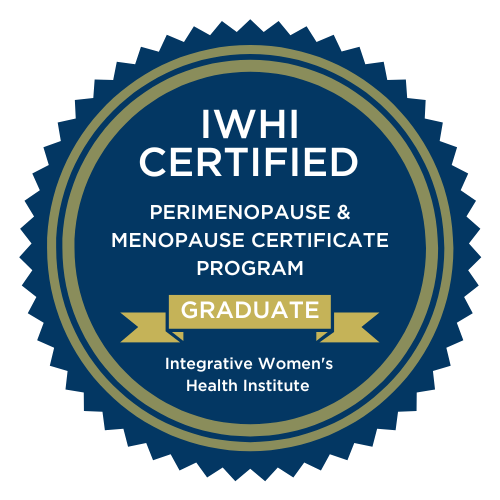A central philosophy in my practice and online abdominal classes is to work in partnership with my clients and students. I’m a facilitator, not a healer. Calling myself a healer implies I have authority over someone else’s healing which puts the client in a helpless or victim role. My goal is to support and assist each individual toward self-care, self-awareness, and wellness. I remind my clients every day, your body knows better than anyone, we just have to listen to what it is saying. It’s amazing to hear and feel what comes up when we listen and allow rather than come from a place of control and fix.
I wrote this post because I’m stunned by how the model of healer/victim prevails in the health field. When I seek assistance from health care practitioners, I’m looking for a partnership/supportive relationship whether it’s with a massage therapist, chiropractor, MD, ND, or acupuncturist. …but I rarely find it. The hierarchal model of “doctor (practitioner) knows best” usually predominates in the health field. The one thing a physician/practitioner can do to lose me as a patient is to dismiss my opinion/intuition regarding my own body. Yes, I am seeking out their professional opinion or their expertise in manual therapies, but a good practitioner is first and foremost a good listener.

I remember years ago when I went to a gynecologist for an annual pelvic exam when I asked her to tell me which way my uterus was leaning (indicating that a retroverted uterus could have something to do with my ovulation pain)… she laughed at me. She totally laughed at me! She didn’t pat me on the head, but she might as well have. I’d like to think that if I didn’t have a speculum in my vagina and didn’t just wait 90 minutes for her to finally show up for the appointment, I would have walked out right then and there. Instead, I stayed on the exam table like an obedient child. Why do we so easily hand over our power when we are in an exam/treatment room? If you’re my client, I encourage you to speak up, I will listen and I certainly won’t laugh at your questions. In fact, I love it when clients participate in the session and share their insights.
And then there was this time a doctor dismissed my claims of excessive menstrual bleeding. As if he would know better than me how much I bled.
Why do practitioners so readily assume all the power? Perhaps it’s arrogance, but more than likely I’m guessing it’s lack of time to explore and be present, or perhaps they’re coming from a place of insecurity. I think it’s easy to fall into the “I should know everything because that’s what they’re paying me for” mentality, or “my self-worth is based on how many people I can save”. Sure, we may be able to help someone’s pain go away for the time being, but unless we as practitioners facilitate healing on a deeper level through teaching self-care, prevention and self-empowerment the “healing” may only be temporary.
I’m not saying I never fall into the “I will fix you” mentality when working with clients. I don’t want people to suffer, it’s a natural human instinct to want to fix those who suffer. When I catch myself trying to fix someone, I know that I’m not listening with my ears, heart or hands.
Philosophies behind my approach:
- The body has an inherent wisdom. When we listen and let the body guide us, we get to the source of the “problem” more quickly.
- I work in partnership with clients. The client maintains authority and responsibility for his/her wellness.
- Healing is an opportunity for psychological, spiritual and physical transformation.
- Pain and dysfunction are healthy responses to unhealthy situations. Compassion and appreciation for your body instead of anger and frustration are the first steps to self-awareness and healing.
- Clients should be seen from a holistic perspective rather than being seen as a set of symptoms.
- Assist and support the client in learning self-care.
- The whole is greater than its parts.
- Listen with an open nonjudgmental heart.
- Provide manual therapy (massage, craniosacral, Visceral Manipulation™) with listening hands.
- See the client as a dynamic individual. There isn’t just one protocol that works across the board for everyone.
- The body is a microcosm of nature.
- Sometimes pain and illness are portals to transformation.
- The body knows what to do, sometimes it just needs a little nudge. Perhaps that nudge comes through self-awareness, change in habits, Visceral Manipulation™, herbal support, Arvigo® techniques, or some other supportive technique.
- The body is a complex web. Sometimes massaging the belly relieves neck or back pain and sometimes it releases long-held resentments.
- Our alignment tells a story of where we have been and where we are going.









The Editors of Proorganic.Org’s Facebook page shared this blog article you’ve written because it is exemplary and we believe folks should emulate your approach to healing. Thank you for your blog.
I love this! Thank you for sharing your thoughts. I, too, want my healthcare professionals, conventional or alternative, to be expert partners in my healing journey. I want to be taken seriously as a real player with valuable input.
That said, I do use the word “healer” to describe some practitioners, either because they can do something powerful (gifted) for me–with my active participation–that I can’t do for myself, and/or because they have the attitude of helping, facilitating, and nurturing their client on their own healing path–even if that means sending them elsewhere–rather than just building a base of followers or people who will do everything they tell them to do and then worship them.
I appreciate your compassionate perspective on why health professionals can be power-hungry. I think even the really aggressive ones are coming from a place of insecurity, and I have a hard time appreciating that sometimes. I just feel mad or devalued. And that’s my own insecurity getting involved!
I totally agree. In fact, as I wrote about the physician who laughed at me I was aware of my own insecurity that the incident brought up and my need to be taken seriously.
I struggled with the words healer and healing when I wrote the post. I don’t mind the idea of healer (gifted practitioner) so much as the fact that to some it implies the power is in the hands of the practitioner. If we as patients/clients don’t “show up”(or as you said, be active participants) or aren’t ready to move toward wholeness, the most gifted practitioner’s efforts will be futile. Thanks for reading and commenting Allison!
Thank you for taking the time to comment and for sharing.
Lovely!💚